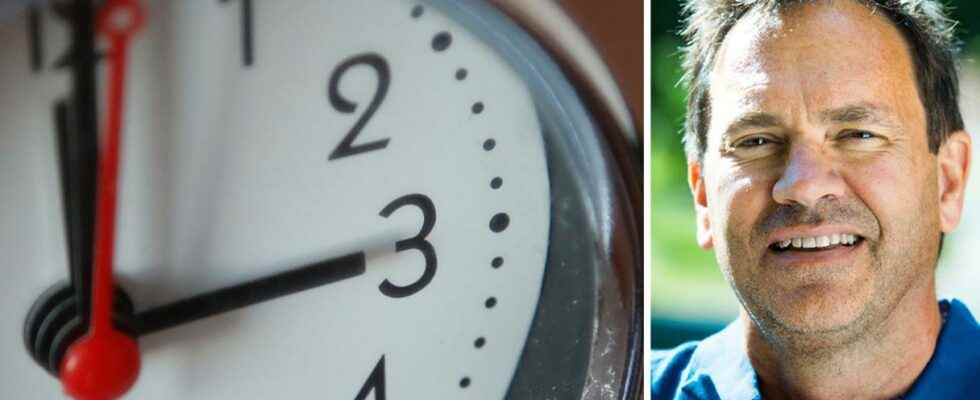Published: Less than 10 min ago
Several surveys show that Swedes want to skip changing the clock.
But sleep researcher Arne Lowden claims that the transition is good.
– We get an hour more light in the morning. This is great for us from a health point of view, he says.
The change between summer and winter time must be removed. In any case, if the majority gets to decide.
In 2018, almost five million EU citizens responded to a survey on the issue, and over 80 percent of them wanted to abolish the time change, according to SvD.
Dagens Nyheter has also done one opinion poll about the time change.
It showed that 37 percent of Swedes want permanent summer time, 29 percent permanent winter time and only 26 percent to continue as today.
“Becomes more early-morning”
But Arne Lowden, sleep and stress researcher at Stockholm University, believes that the time change is “great”.
He describes it as handy for the body to cope with.
– The research shows that the transition to winter time is going quite well. But you have to expect that some will have some trouble. The extreme types have a little more difficulty in their transitions, for example someone who is very alert in the morning and tired in the evening, he says.
Arne Lowden also wants to highlight the positive effects of the switch to winter time.
– We get an hour more light in the morning. This is great for us from a health standpoint. It keeps us alert and makes it easier to wake up in the morning, easier to get up and easier to fall asleep at night. We are becoming a bit more early risers and most people in Sweden need to be, he says.
Joint transition
The purpose of changing the clocks was originally to save energy during the First World War, when more daylight hours would reduce the need for electric lighting. Sweden was hooked even then, but did not get summer time as a permanent feature until 1980, just like many other European countries.
Today, the 27 EU countries have a common transition to summer time every spring and return to normal time in the fall.
Are you curious about how winter affects your health?
